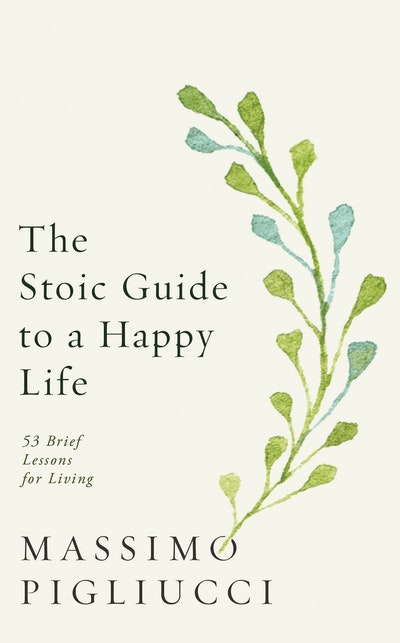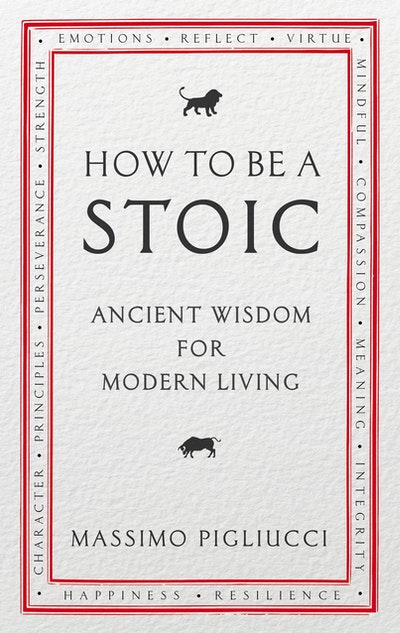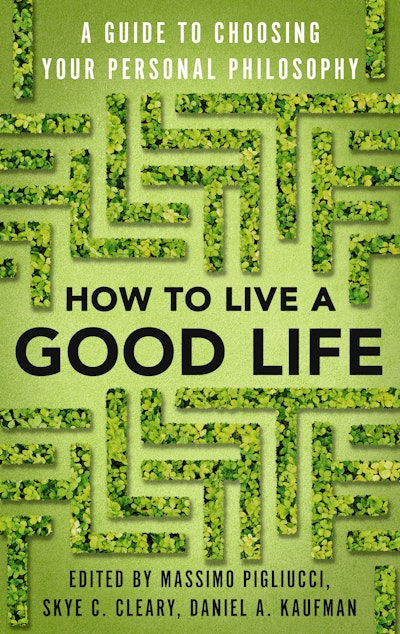[]
Play sample
- Published: 17 November 2020
- ISBN: 9781846046674
- Imprint: Rider
- Format: Hardback
- Pages: 160
- RRP: $26.99
The Stoic Guide to a Happy Life
53 Brief Lessons for Living
Formats & editions
Buy from…
- Published: 17 November 2020
- ISBN: 9781846046674
- Imprint: Rider
- Format: Hardback
- Pages: 160
- RRP: $26.99






